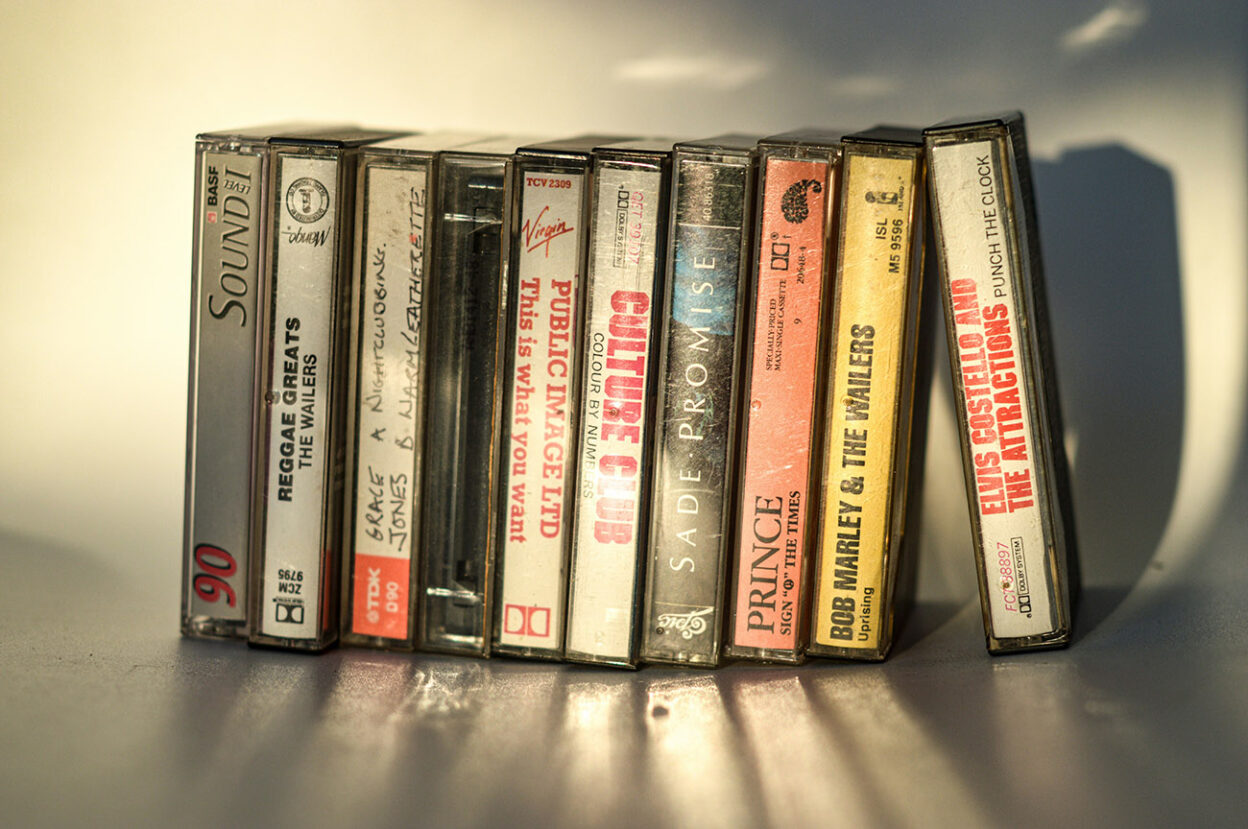It starts with a few notes. A guitar riff. A voice that feels like a clear memory. Then suddenly, you’re back. You’re sat on your childhood bedroom floor. Headphones in, world shut out. Attention is transfixed on the music while you play video games and down your favourite snacks.
Okay, experiences may differ. However, music has a way of folding time. It has a way of pulling you into the past with startling clarity. It’s always great for audiophiles to explore new artists and experiment with different genres. Yet in most cases, these don’t carry that distinct emotional pull when an old favourite plays.
Have you ever wondered why you keep returning to the same bands and albums? Even if it’s a few years or a few decades later, this guide looks at the reasons behind this nostalgic hook.
The Reminiscence Bump
The ‘reminiscence bump’. That’s what psychologists call it when referencing the tendency of people to recall more memories from adolescence and early adulthood than from any other time. Why is this the case? There are various reasons. This period is where identities are formed, emotions run high, and experiences – particularly new ones – feel especially vivid.
Now imagine when songs are tied to those years. They’re more than simply background noise. Instead, they become markers of identity.
Think about when a familiar track resurfaces when listening to music. It doesn’t tend to simply trigger a memory. It recreates a specific emotional state. Research even reveals that listening to music from your past can reduce stress and increase feelings of social connection. To put it another way, nostalgic music acts like a shortcut to emotional self-regulation.
Shared Soundtracks, Shared Stories

Don’t underestimate the collective dimension of this nostalgia trip. Music often isn’t simply a personal experience, it’s a social one. From friendships and relationships to even rivalries, people can form these around musical tastes.
That’s why everything from reunion gigs to throwback playlists remain popular. Hearing the music again is only one part of the appeal. It’s also about feeling like you’re part of something bigger than yourself.
For instance, experiencing a band like R.E.M. live – especially one that you haven’t seen since your teens – can be a strange, moving experience. You’re older. The band is older. Yet something about the shared memory makes the performance feel timeless. Okay, that might be a little melodramatic, but there’s still something magical about that type of experience.
Digital Platforms: The Vehicle to the Familiar
It’s easy to think that modern technology would weaken that nostalgic pull. That’s not the case. In fact, it’s the opposite. Streaming services like algorithms often reintroduce songs you’ve played. They can even offer auto-curated playlists – think ‘Your 2000s Favourites’ as an example – that are built to reawaken emotional engagement.
Music is only scratching the surface in how this environment is magnifying nostalgia. Digital environments across entertainment have long leaned on familiar visuals and audio cues.
Take online gaming. Browse the casino games at Betway, and you’ll see plenty of classics interspersed with new releases. Table games like roulette and blackjack are timeless options, even if they introduce new gameplay options. They might be digital, but there are also old-style slot machines which evoke memories of fruit machines from yesteryear with familiar visuals and audio cues.
The aim isn’t just to entertain, but to recreate a sense of emotional comfort. It subtly taps into the same psychological mechanisms that drive music nostalgia.
Why You Keep Going Back
Don’t get it twisted. Revisiting the bands you loved isn’t a sign of resisting change. It’s about holding on to a sense of continuity. As people evolve, so do their interpretations of familiar songs. A breakup anthem from your twenties might feel completely different when you hear it in your forties. Yet it still matters.
In a lot of ways, music works like a time capsule. It helps you make sense of who you were, even as memories are reframed due to who you’ve become. That’s why nostalgia in music is ever-present, as long as you’re still listening.


Be the first to comment